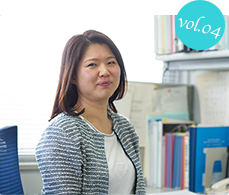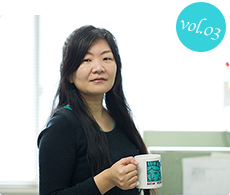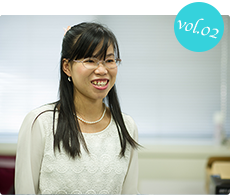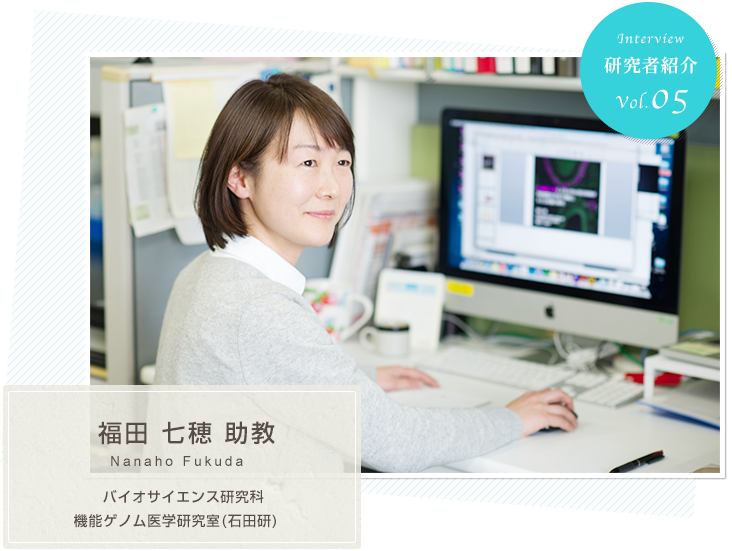
![]()
Graduated from the Graduate School of Frontier Sciences, University of Tokyo in 2005. Ph.D. in Life Sciences. After working at RIKEN Brain Science Institute, she and her husband studied at Karolinska Institutet (Sweden) from 2008 to 2013. During this time, she gave birth to two boys and took six months of parental leave for each. After working as a research fellow at the Japan Society for the Promotion of Science (JSPS), she was appointed to her current position in 2015. She specializes in molecular cell biology. Her research focuses on mRNA regulation in neurons.
Why did you become a researcher?
I have always been interested in how living things live, so I went to the Faculty of Science at university. After my bachelor's degree, I wanted to do some research in a master's program before starting a job, but I was very interested in the research topic I was given, and the prospect that my master's program would end when the experimental system I was struggling with finally started working made it difficult for me to leave that research topic. So I talked to my advisor and decided to stay in the Ph.
I am glad that I decided to stay in the Ph.D. program. As a result, I was able to consolidate the project I had been working on since my master's program into two papers and complete my degree. I learned a lot from my advisors, seniors, and peers as I conducted experiments and compiled the results into a thesis, and I believe I grew in my own way.
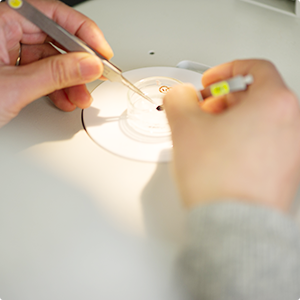
After graduation, I conducted research at the RIKEN Brain Science Institute for three years and then studied at the Karolinska Institute in Sweden for five years. The results of my research during my study abroad are the basis of my current research topic, and I was able to broaden my perspective by being exposed to the different values of people from many different countries. I believe that this study abroad experience has greatly influenced my current research.
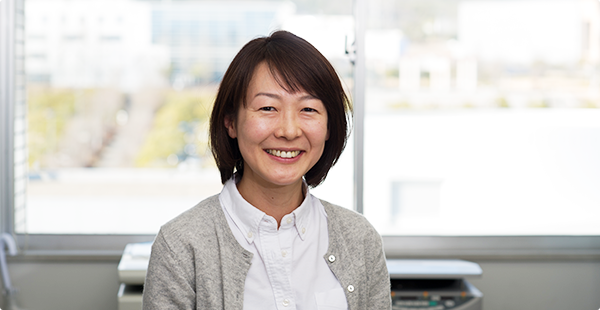
Raising children and a research career
I have two children, one in first grade and the other in kindergarten, and my husband is a teacher at another university. My husband and I were classmates in graduate school, and we each found positions at the same research institution throughout our careers, from RIKEN, to studying abroad in Sweden, to arriving at TUAT. However, in April 2008, my husband was transferred out of the university and we began to live separately. The decision to move out on our own came six months after I accepted a position as an assistant professor at TUAT, thinking that we could both settle down in the same place for a while to continue our research and raise our children. My oldest son was about to start elementary school, so I thought, "Why now? I thought, "Why now?" But my contract as a faculty member at TUAT is for 10 years at the most. I knew that I would have to move sometime and that it would be difficult to get a higher position, so I felt I had no choice. Because of the distance we travel by plane, my husband only comes home about once a month, but we communicate daily via Skype and phone.
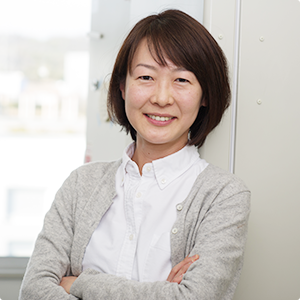
Of course, I think it is better to have a family together if possible, but as one's career (age?) progresses, it becomes more and more difficult for a couple to be together. However, as one's career (age?) progresses, it is difficult for both husband and wife to get a position in the same place. I receive support from the university in the form of a research grant and the academic assistant system of the participating laboratory. In addition, Dr. Yasumasa Ishida at the lab is very understanding about doing research while raising children. When I left work the other day to visit my child's class, he sent me off saying, "I envy you, have fun! I am so jealous of you! Also, thankfully, my husband's parents, who live in Nara Prefecture, help me when I have to work on weekends or go on business trips. Considering these points, I am probably in a more fortunate situation than other research couples who work hard separately.
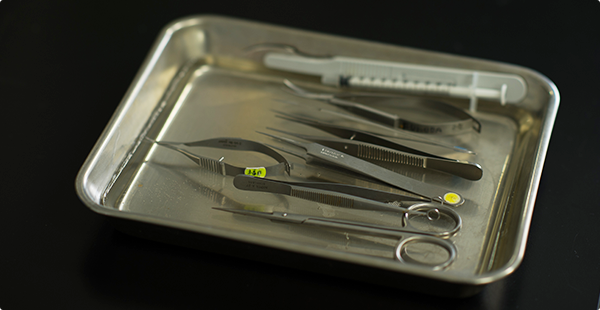
Work-life balance and time for research
After our two children were born in Sweden, I began to think a lot about work-life balance as I experienced research life while raising children. One thing I thought would be good for Japan to emulate is the streamlining of systems. In Sweden, the division of labor and the introduction of electronic systems seem to have reduced the amount of paperwork for researchers. Many documents were simply signed after reviewing a completed form, purchase vouchers were processed with a click of a button, and equipment reservations could be made on a PC. In Japan, on the other hand, documents had to be stamped and mailed, and forms had to be filled out from scratch on a regular basis. If these aspects can be made more efficient and researchers can have more time for research, I believe it will lead to a better work-life balance.
To those who aspire to be researchers
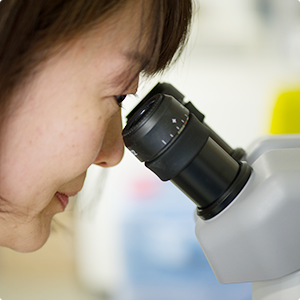
A career in research is like that of a professional athlete in that you have to work hard day in and day out, and when you produce results, you finally get another chance. It is not an easy job. It is especially difficult to plan for the future, which is a heavy burden when you have children. On the other hand, life science research is interesting. I am very happy when an experiment yields results that prove a hypothesis, and I am simply thrilled when a cell is beautifully stained. I feel like the research project is my own child, and I don't mind if it takes time out of my day to go out and play. I am grateful to be working on something that I can devote myself to in this way.
My paths have led me one by one as I have worked on the research in front of me. So I think students should understand the difficulties of a research career, and if you are still interested in research, just go for it. It is a great blessing to be able to research what you are interested in. Research requires a variety of skills, so even if you decide to take a different path in the future, the time you spend focusing on research will not be wasted.

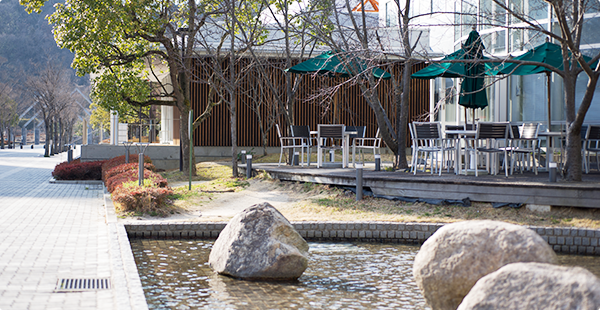
(March, 2017)

-
2017.3 updated
Division of Biological Science
-
2017.3 updated
Division of Biological Science
-
2017.3 updated
Division of Information Science






